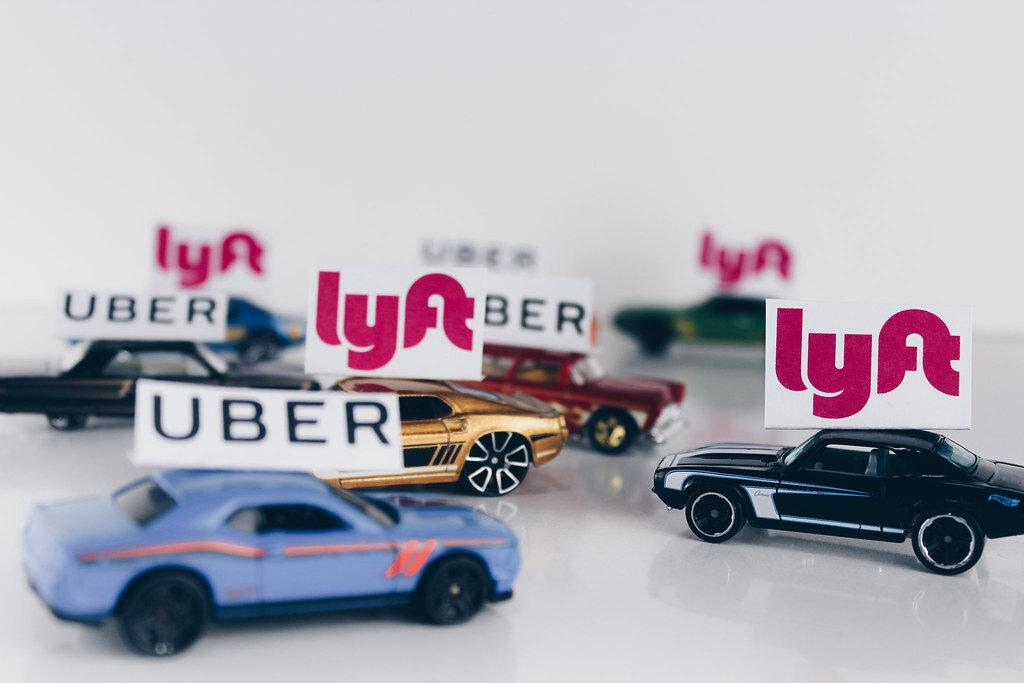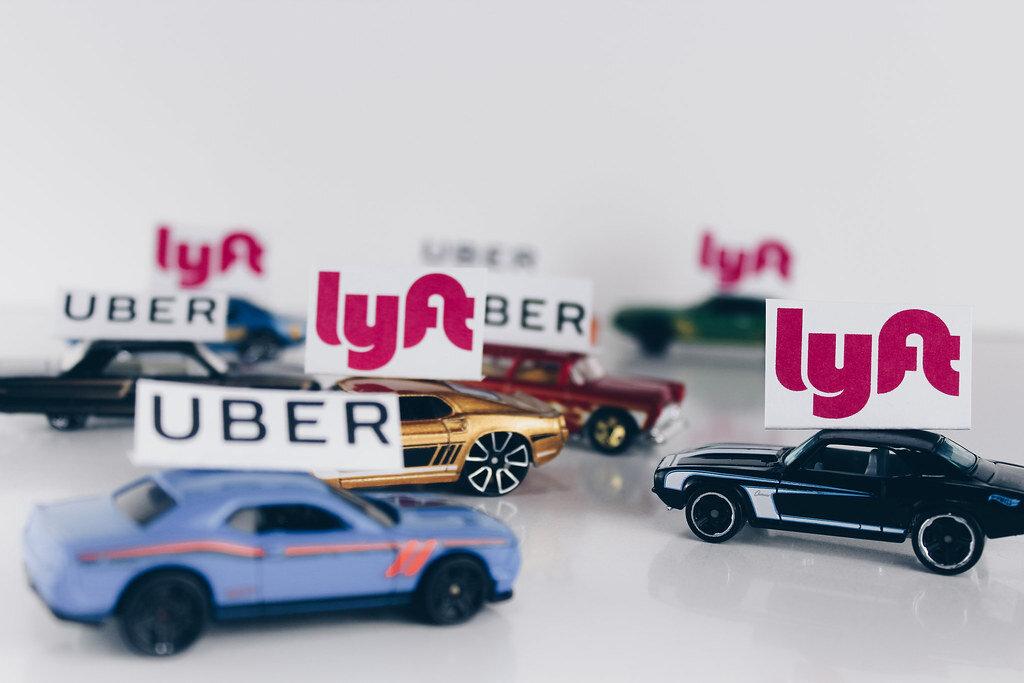As the election draws closer, one proposition that’s been getting a lot of attention is Proposition 22. If approved, this proposition would consider app-based drivers like Uber and DoorDash to be independent contractors rather than employees.
These companies have invested $30 million in order to get this on the ballot and on marketing it as a beneficial thing for their employees. Suppose drivers are considered to be independent contractors for companies like Uber and Doordash get their way; in that case, SF Weekly’s Veronica Irwin reports that those companies would not have to pay into worker’s compensation or unemployment benefits. As a result, this would trickle down into other job sectors and create gig jobs for cheaper labor and not pay into employee benefits like vacation or sick leave.
COURTESY// STOCKCATALOG
In that same SF Weekly article, Anand Singh, president of Unite Here Local 2, an international labor union, states, “It speeds up this race to the bottom — that you can eliminate rights for working people, you don’t have to pay for healthcare, you don’t have to pay for retirement, or pension, or vacation, or unemployment insurance, or any of the other fringe benefits, if we pay through an app a flat rate.”
The New York Times Op-Ed Board stated “Gig workers would be eligible for hourly pay 20 percent higher than local minimum wage, plus 30 cents per mile — but only during engaged times, meaning after they have accepted a fare and before they’ve dropped off a passenger,” and that “By some estimates, drivers spend more than one-third of their shift awaiting a fare, time the companies wouldn’t have to pay for.”
If drivers were able to get these benefits, they “Would be accessible only to workers driving 25 hours per week of engaged time, suggesting they’d need to log nearly 40 hours on the app to be eligible.”
Ballotpedia explains that “Proposition 22 would define a driver’s engaged time as the time between accepting a service request and completing the request.” In other words, a driver would not be compensated for the time they are waiting for a request to come in or sanitizing their car between riders.
SF Weekly said it best, “It would not require them to pay these employees for the time in between trips, while drivers refresh their apps, sanitize their car, or stop for gas — despite many of these tasks being necessary to do the job. Uber, for example, began encouraging drivers to take up extra routine car cleanings as a coronavirus safety measure this year.”
US Representative Barbara Lee states, “I truly believe that the Prop 22 campaign will go down in history, not just for the audacious amount of money these companies are spending in their attempt to buy their own law — that’s $185 million and counting — but also because these app companies have now joined the ranks of Big Tobacco and Big Polluters, who present one image, and that’s writing their checks — these feel-good checks — and placing ads featuring people of color, even as their actions show another. They’re pursuing policies that do their worst damage in our communities, communities of color, that are struggling the most.”
Proposition 22 would be doing more harm than good to the employees that companies claim would benefit from this. I will be voting no on Proposition 22 in this upcoming election. It’s not right that app-based drivers would not be recompensed for gas when it’s a necessity for the job. People’s rights to sick leave and workers compensation is also at risk just so companies can profit off of cheaper labor through app-based gigs.




































